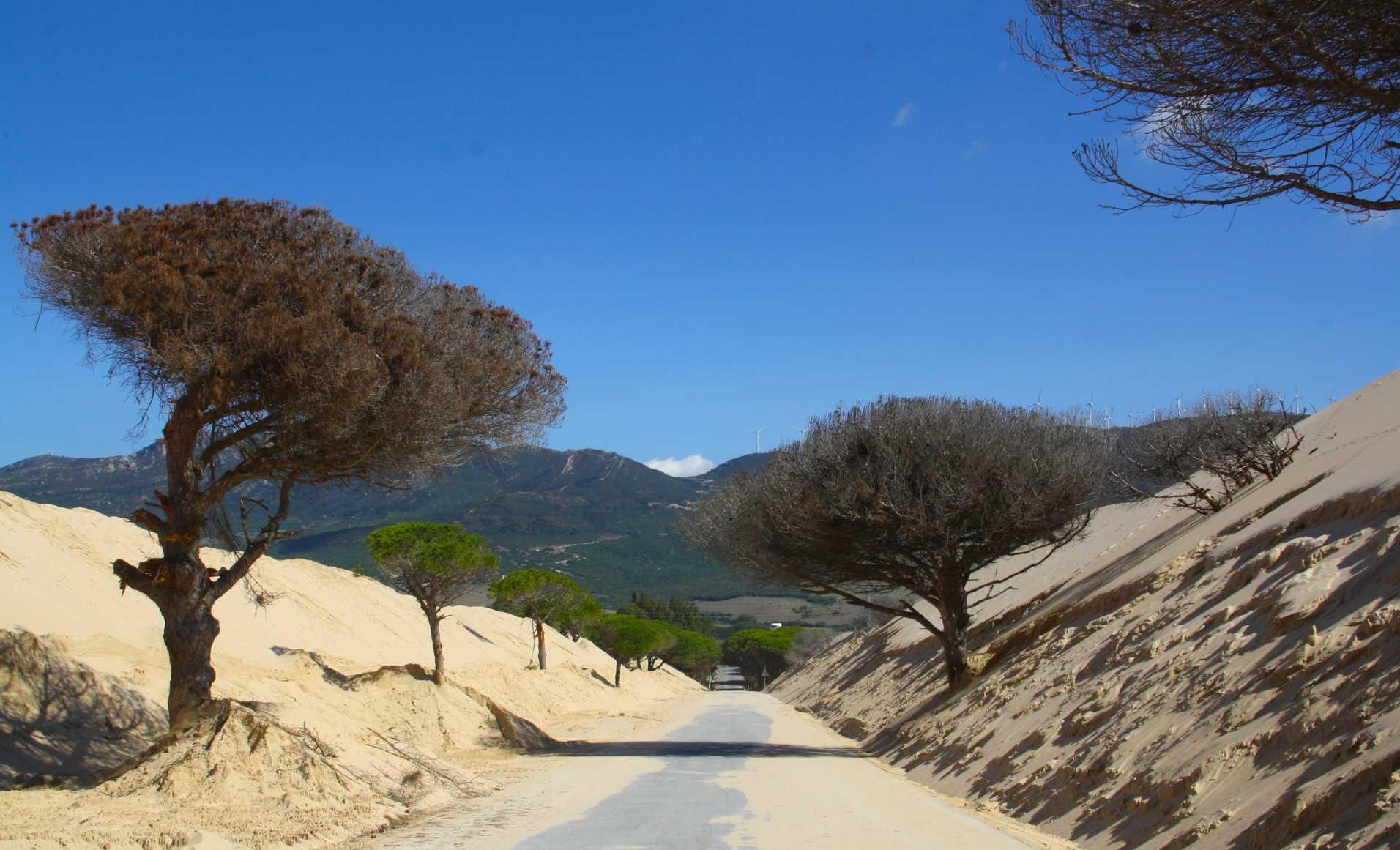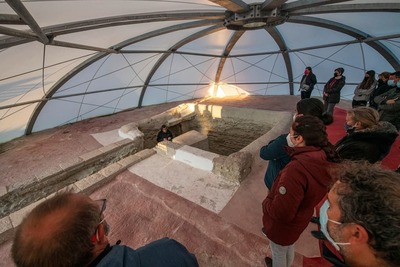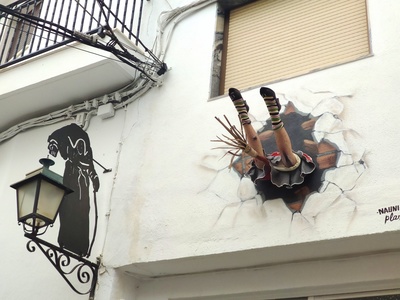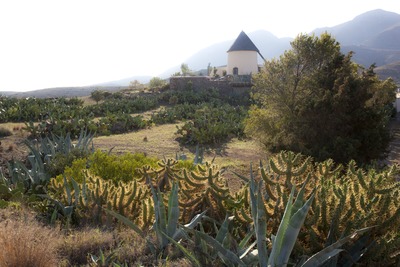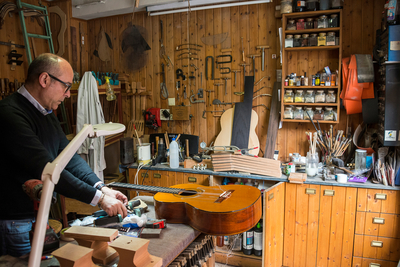Costa Tropical in Granada: subtropical crops and sugar cane
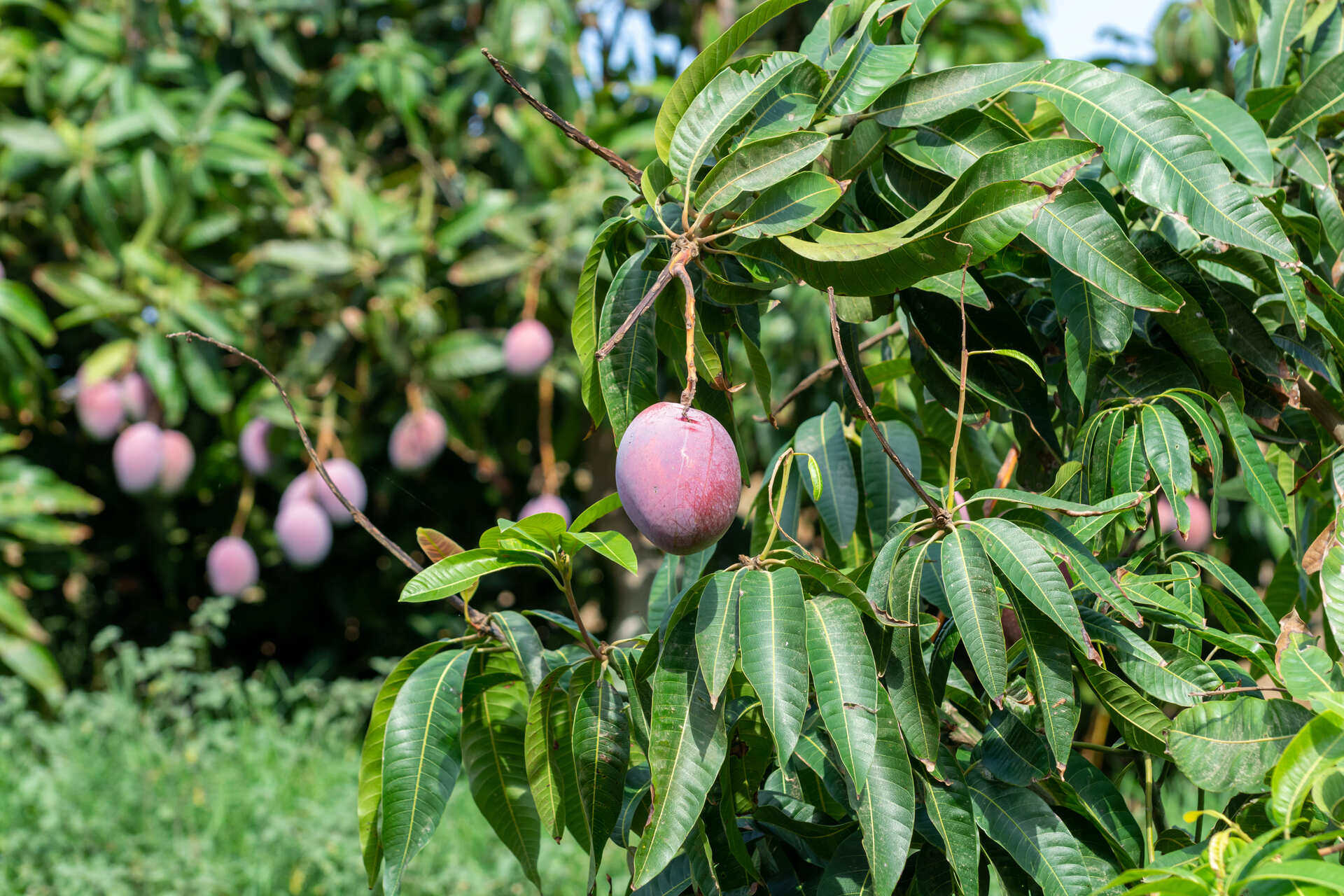
The fruit of the Andalusian Tropical Coast is, to say the least, different, pioneering and attractive, both to eat and to discover. The now almost extinct sugar cane marked a long period of history and changed the landscape of this region, but after it disappeared, an alternative arrived almost immediately. Avocado, mango, lychee and (less recent) custard apple grow on numerous farms that offer guided tours: Matagallanes, el Pinero, San Ramón, el Edén and El Zahorí, among others.
Granada's coast is a benchmark in Europe for subtropical crops. The region's climate is one of a kind in Europe and was found to be perfect for growing these fruits: mango, custard apple and avocado. These trees were already growing in the area for decorative purposes, but in the 1960s some people decided to plant these fruit trees in order to make them profitable.
The unique climate of the Costa Tropical is a result of the direct contact of the land with the Mediterranean Sea, and the fact that it is protected by the mountains of Sierra Nevada and Lújar from the north winds and from the influence of the winds that come from the northernmost part of Africa. This creates a subtropical microclimate with more than 300 days of sunshine a year and an average yearly temperature of 20 degrees Celsius. In fact, Motril reportedly has one of the warmest winters in Europe.
Thanks to these special climate conditions, this area is the largest producer of quality tropical fruit in Europe. Some of these are mango, custard apple, avocado and loquats; and other more exotic ones, such as guavas, lychees, dragon fruit, star fruit and kumquat. Thanks to this there is a tropical food culture which includes salads, desserts and juices that can't be found elsewhere in Spain.
Tropical farm tours
Motril, Salobreña and Almuñécar have guided tours of organic tropical fruit production farms. As well as discovering the cultivation system, visitors get the chance to pick their own fruit and taste it in a very healthy tasting session. In Salobreña we find Finca Matagallanes and in Almuñécar we have Finca El Pinero and Finca San Ramón. Finca El Edén is in Motril and they also offer different and interesting experiences, such as gastronomic and cocktail workshops.
Since it was opened Finca Experimental El Zahorí, which belongs to Almuñécar Town Council, strives to do research and teach farmers. The most interesting tests involve mangos (more than 23 varieties have been planted), custard apples, avocados, limes, lychees, eggfruit, macadamia nuts, sapodilla plums, jujubes and star fruit, amongst others. Some of the activities include testing erosion control in the soil by means of experiments on plots, and plague control with various plant treatments, etc. You can get to the farm by 4x4 or on foot along a hiking path via the Verde River and Ítrabo ravine, or via the Taramay road.




